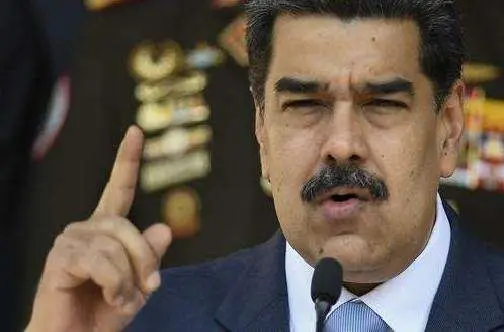The political chess match between Washington and Caracas has taken a sharp new turn.
Just weeks after nearly 240 Venezuelans—accused by U.S. authorities of gang affiliation—were deported to El Salvador’s infamous mega-prison, Venezuela has quietly struck a deal with the United States to resume deportation flights, marking an unexpected pivot in a fraught migration saga.
For Venezuelan leadership, the optics have changed dramatically. What was once dismissed as an affront to sovereignty is now being reframed as a mission of rescue. “Migrating is not a crime,” said Jorge Rodriguez, Venezuela’s lead negotiator, vowing to bring back “brothers kidnapped in El Salvador.”
The first flight lands Sunday.
Behind this sudden realignment lies a storm of diplomatic tension and domestic urgency. The deportations to El Salvador were not just shocking in scale—they were symbolic. The men, accused of ties to the criminal group Tren de Aragua, were branded by former U.S. President Donald Trump as terrorists, and flown not to Caracas, but to a facility designed for war criminals.
The move was widely condemned in Venezuela. But now, with thousands more Venezuelans at risk of expulsion from the U.S. under Trump’s revived immigration crackdown, Caracas has chosen pragmatism over protest. “We will not rest until all who want to return are home,” Rodriguez added.
This isn’t just a humanitarian gesture—it’s strategic. Over 7 million Venezuelans have fled the country’s collapsed economy in the past decade. With Washington now threatening mass deportations of those previously granted protected status, Venezuela has little choice but to brace for a wave of returning nationals.
Maduro, ever the political tactician, has turned this into a rallying cry. “We’re rescuing our youth,” he declared Saturday, promising weekly returns. While the rhetoric is fierce, the reality is sobering: Venezuela must now reabsorb citizens who fled an economic disaster it has yet to solve.
And with U.S.-Venezuela relations still fractured, and the 2024 elections rejected by Washington, it’s unclear whether this latest cooperation will evolve into something lasting—or fall apart like so many deals before it.
For now, though, the planes are coming. And for many Venezuelan families, that’s what matters most.






